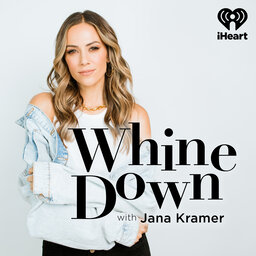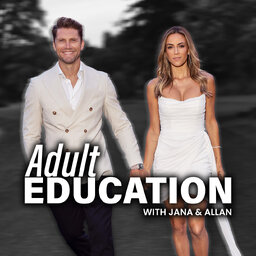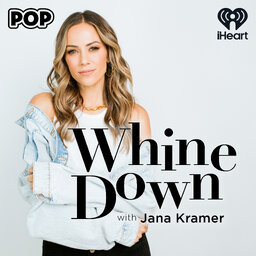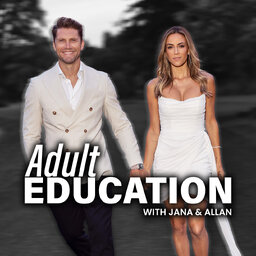Thursday Therapy: The Other Side of OCD
When you think of Obsessive Compulsive Disorder, you probably imagine compulsive cleaning, but Jana is going to learn about the less talked about effects of the disorder.
Therapist Alegea Kastens shares her personal experience with intrusive thoughts and shocking ideations, and Jana learns about how anyone struggling with OCD can find help and support.
Warning: This episode touches on sensitive topics, such as sexual assault and suicide. Listener discretion is advised.
 Whine Down with Jana Kramer
Whine Down with Jana Kramer


